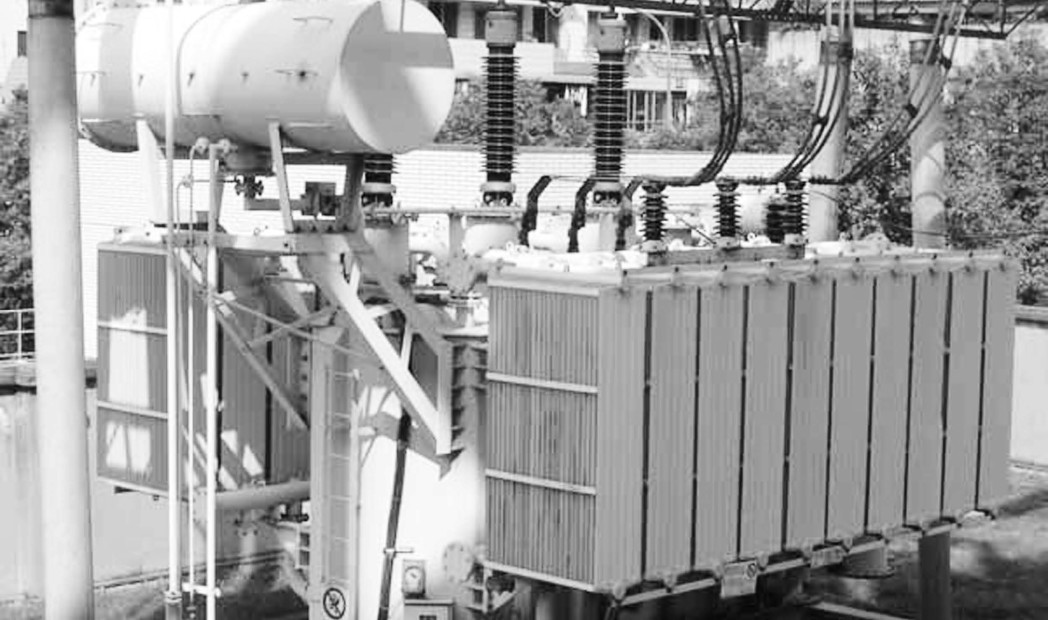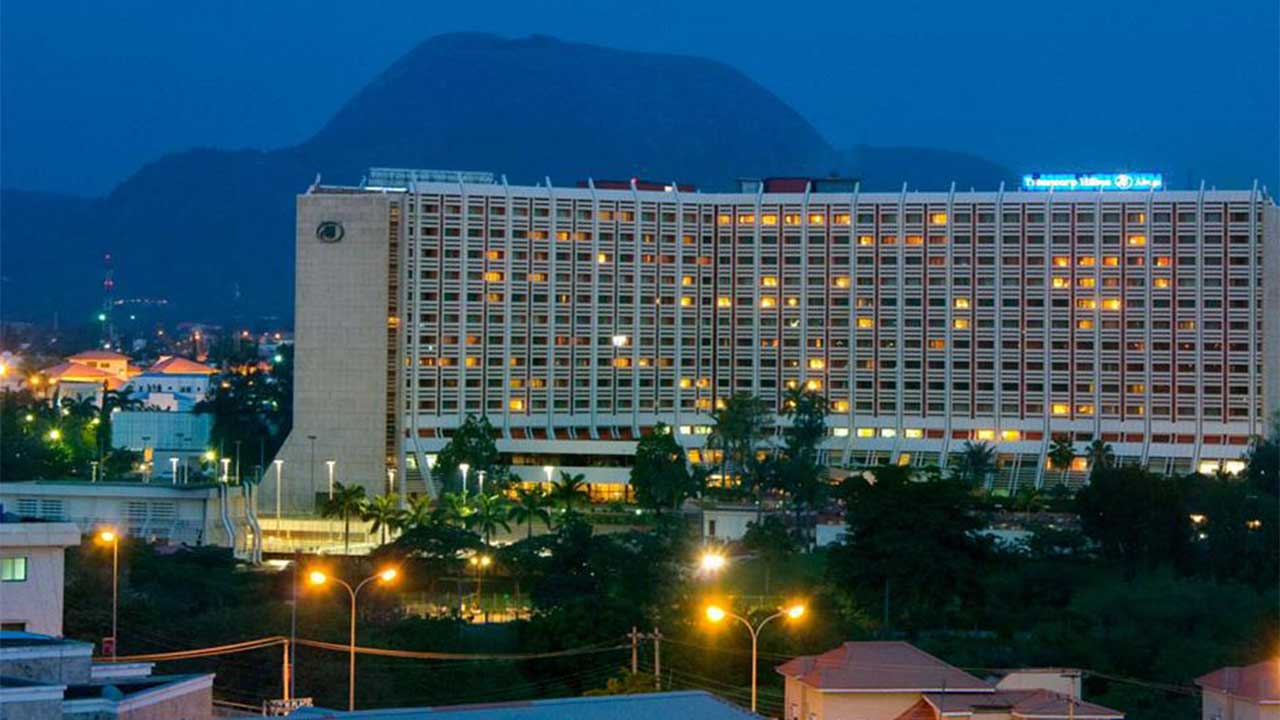- Abuja Disco Targets 50% Increase in Revenue
The Abuja Electricity Distribution Company (AEDC) has said it targets 50 per cent increase in revenue from December when it would have completed its metering of about 3880 Maximum Demand (MD) or Large Power User (LPU) customers under its network.
The Disco disclosed this when the Acting Director General of the Bureau of Public Enterprises (BPE), Dr. Vincent Akpotaire launched its LPU metering project at the Abuja Archives and History Bureau.
Speaking to reporters shortly after the installed LPU meter at the Archive Bureau was launched by Akpotaire, the Managing Director of AEDC, Ernest Mupwaya said the project which will take the Disco $1.8 million to implement, will see to its accurate billing and revenue collection from the LPU customers.
Mupwaya explained that the 3880 LPU customers contribute up to 50 per cent of the Disco’s monthly revenue.
“This is a critical segment of improving performance for us because this 3880 number of high power users or MD customers are contributing roughly 50 per cent of our revenue.
“It means that by December 50 per cent of the problem would have been resolved and the benefits that will be derived from this will then be ploughed back to the rest of the customers which we are supposed to meter and are a large number that will take time,” said Mupwaya.
He explained that MD meters will installed at places like military and police barracks, and government buildings where energy theft are usually high for Discos in the country and revenue collections very difficult.
He also noted that they will come with in-built intelligence components to notify the Disco of potential attempts of by-pass or breeches by consumers.
“What you are seeing is just a component of a metering system. There is an intelligence gathering mechanism which allows that from our office we are able to read every customer that have this meter. We are able to see whatever is happening. We are cutting out the human interface that comes with the traditional meters which do not get accurate readings. We are however assured of high level accuracy,” he said.
Mupwaya also spoke on the market’s financial shortages, saying: “The sector has to transform, in other words, we have to reduce losses and become more efficient, that is how we can collect more money and to do this takes longer time unlike the telecom sector where there is virtually no room for credit theft but there is room for that in the power sector.”
He added that: “Overtime when the losses come down, we will have more liquidity in the sector. The bills for the energy we get every month are increasing monthly because for example, the gas supply to power stations is indexed in dollars and movements in the exchange rates means there is a pass-through cost.”
Meanwhile, the Disco has also fired 27 of its employees for various offences relating to both corruption and indiscipline.
An internal memo indicated that the disengaged employees were from different cadres of the company.
It was signed by AEDC’s Director, Corporate Services, Abimbola Odubiyi, and showed that 17 of the affected staff had their appointment terminated while nine others were dismissed for various forms of corrupt practices such as fraud, theft and double employment.
Dated 16th September, 2016, the memo further revealed that some of the affected persons were disengaged on account of disciplinary matters such as persistent absence from duty without permission.
Odubiyi in the internal memo, reminded all employees of the current management’s zero tolerance for all forms of corruption and indiscipline, drawing their attention to chapter three of the company’s rules and regulations which he said was very clear as to what constitutes an infringement on the policy.


 Forex3 weeks ago
Forex3 weeks ago


 Naira2 weeks ago
Naira2 weeks ago
 Billionaire Watch2 weeks ago
Billionaire Watch2 weeks ago




 Naira2 weeks ago
Naira2 weeks ago




 Naira2 weeks ago
Naira2 weeks ago




 Naira1 week ago
Naira1 week ago




 Naira4 weeks ago
Naira4 weeks ago




 Naira3 weeks ago
Naira3 weeks ago





















